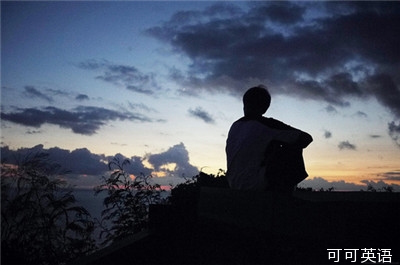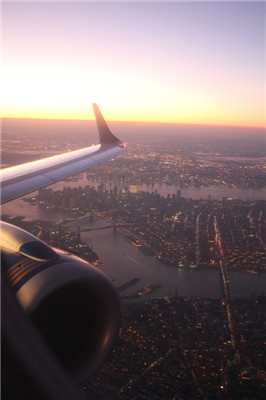
5. 帶自己出去吃晚餐
The thought of dining alone terrifies some people. The fear even has a name: solomangarephobia. But giving into it and relying on grab-and-go fast food when traveling alone is a crime against cuisine.
一個(gè)人吃飯的想法會(huì)讓某些人感到害怕。這種恐懼甚至還有個(gè)名字:solomangarephobia。但是向這種恐懼投降,獨(dú)自旅行時(shí)只吃方便快餐,是忽視美味佳肴的罪行。
"I hadn't realized the depth of flavors I could experience [with] nothing to occupy my mind beyond the plate in front of me and my thoughts," says New York Times food writer Mark Bittman on his website.
“我之前從沒(méi)意識(shí)到當(dāng)腦海中沒(méi)有其他事情,只有面前的盤子和自己的想法時(shí),我可以體驗(yàn)到食物濃郁的味道。”紐約時(shí)報(bào)的美食作家馬克·比特曼在他的網(wǎng)站上講到。
It's also a good way to make new friends -- even if you didn't intend to. "The interesting thing is that you nearly always end up talking to the person next to you, so dining alone can be, ironically, a social experience," says London restaurateur Russell Norman.
這也是個(gè)交新朋友的好方法——即使你并沒(méi)有作此打算。“有趣的是你最終幾乎總會(huì)和坐在你旁邊的人交談,所以諷刺的是,獨(dú)自用餐可以是一種社交經(jīng)歷。”來(lái)自倫敦的餐館老板羅素·諾曼講道。

















